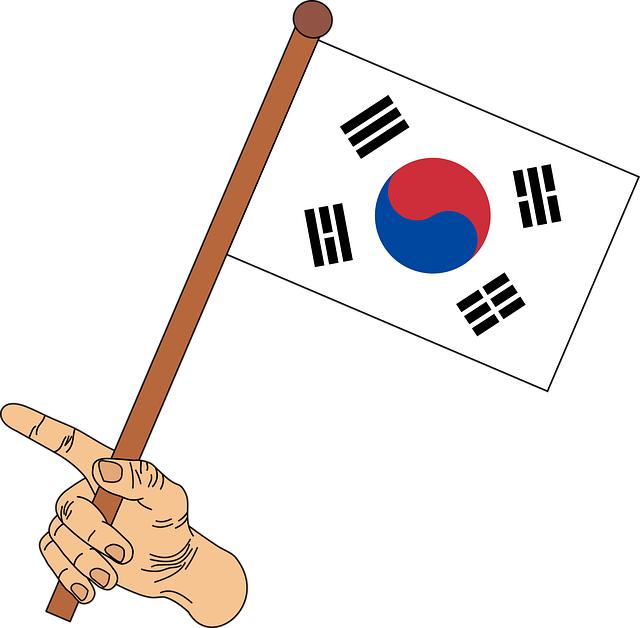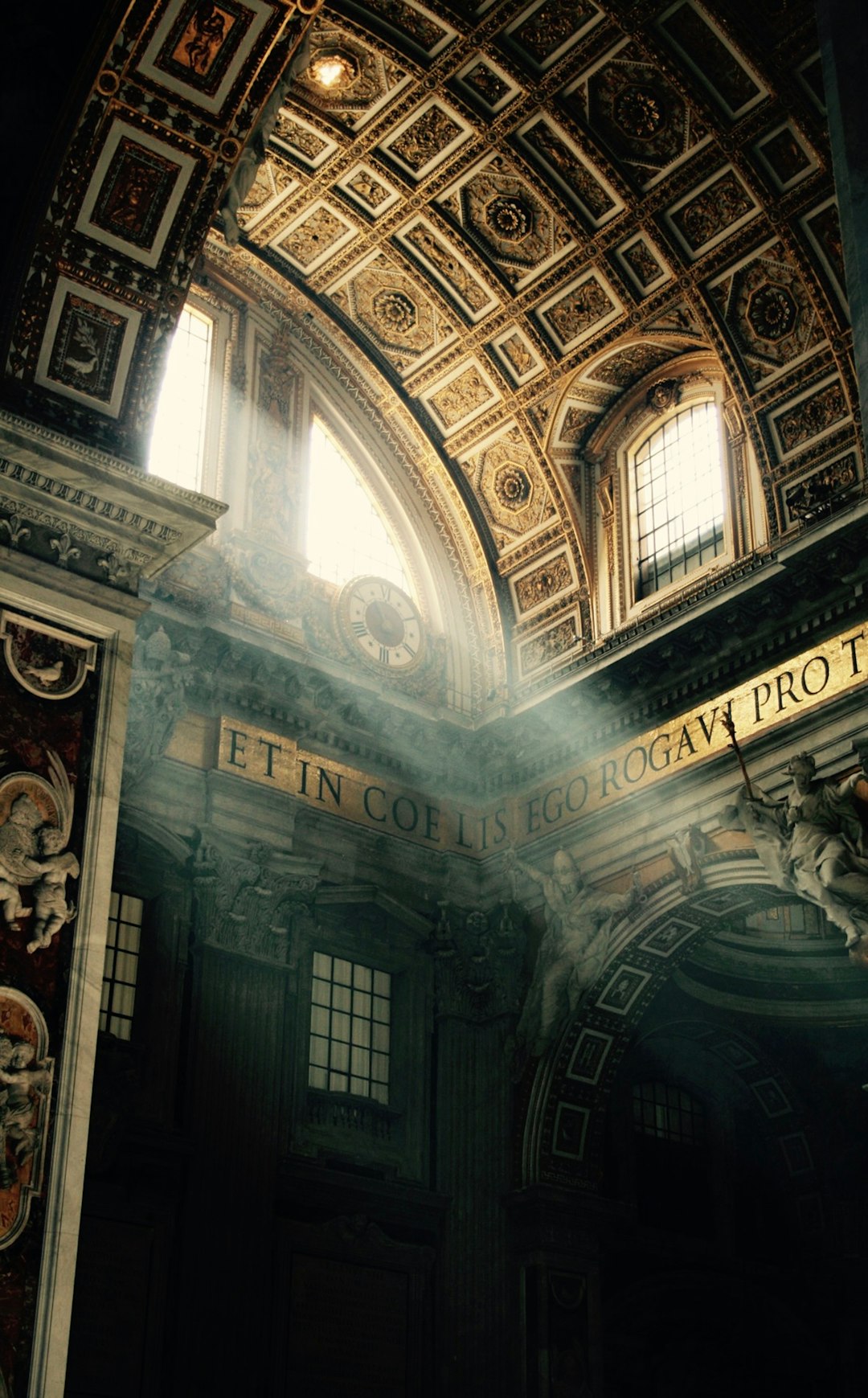In South Carolina, clergy abuse lawyers specialize in handling complex cases of sexual or physical misconduct by religious leaders, offering crucial guidance and advocacy for victims' rights. Their deep understanding of state laws and church governance structures is instrumental in negotiating settlements, representing clients in court, and holding institutions accountable. Victims feeling vulnerable or unsure about their rights are encouraged to consult these specialists promptly, as time limits for filing lawsuits exist. The lawyers assist with evidence gathering and may facilitate negotiations or formal court proceedings to achieve a favorable outcome and protect victims' rights.
In South Carolina, addressing clergy assault and misconduct is a critical aspect of ensuring justice and healing. This guide provides essential insights into navigating legal complexities surrounding such sensitive cases. Understanding state laws pertaining to clergy abuse lawsuits is pivotal for victims seeking redress. Clergy abuse lawyers in South Carolina play a crucial role, offering specialized guidance and representation. This article delves into the legal process, empowering individuals affected by clergy misconduct to take action, ensuring their rights and dignity are upheld throughout the journey.
Understanding South Carolina Laws Regarding Clergy Assault Lawsuits
In South Carolina, clergy members enjoy a certain level of immunity from lawsuit claims, but this does not extend to cases involving sexual or physical abuse. If you’ve experienced assault or abuse at the hands of a South Carolina cleric, understanding your legal rights is crucial. The state’s laws protect victims of clergy abuse by allowing them to seek justice and compensation for their suffering.
Clergy abuse lawyers in South Carolina specialize in navigating these complex legal landscapes. They can guide victims through the process of filing a lawsuit against the offender, as well as any associated institutions or organizations that may be held liable. These attorneys are equipped with the knowledge and experience needed to advocate for your rights, ensuring you receive the support and justice you deserve.
The Role of Clergy Abuse Lawyers in South Carolina Cases
In South Carolina, clergy abuse lawyers play a pivotal role in addressing and resolving cases involving sexual or physical misconduct by religious leaders. These specialists are equipped to navigate complex legal landscapes and offer guidance tailored to the unique circumstances of each case. They help victims find justice and closure, ensuring that their rights are protected throughout the process.
Clergy abuse lawyers in South Carolina possess an in-depth understanding of state laws and church governance structures. This expertise enables them to strategize and advocate for clients, whether negotiating settlements or representing them in court. Their work is instrumental in holding religious institutions accountable and fostering a safer environment for congregants, particularly vulnerable populations.
Navigating the Legal Process for Victims of Clergy Misconduct
Navigating the legal process after experiencing clergy misconduct can be challenging, especially for victims who may feel vulnerable or unsure of their rights. In South Carolina, individuals who have suffered abuse at the hands of religious leaders have specific legal options available to them. The first step is to consult with experienced clergy abuse lawyers in South Carolina who specialize in such cases. These attorneys can provide guidance tailored to the unique circumstances of each victim, ensuring they understand their rights and potential avenues for justice.
Victims should be aware that there are time limits for filing lawsuits related to clergy misconduct, so prompt action is crucial. Clergy abuse lawyers can help victims gather evidence, including any documentation or witnesses, to support their case. The legal process may involve negotiations with the church or religious organization responsible, leading to a settlement or, if unsuccessful, formal legal proceedings in court. Having knowledgeable representation throughout this journey is essential for achieving a favorable outcome and ensuring the rights of victims are protected.






